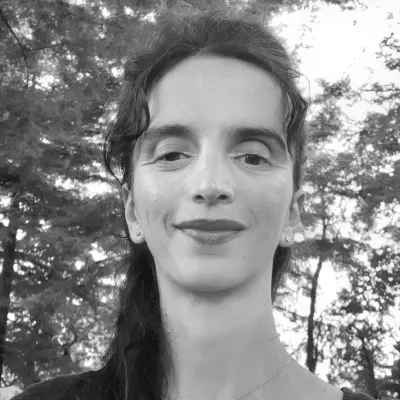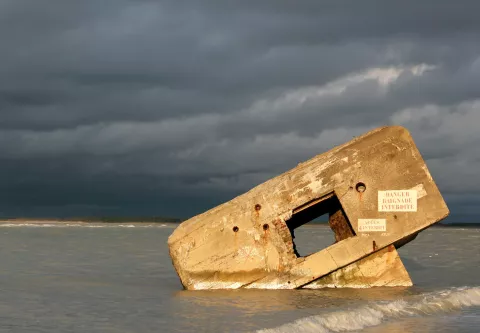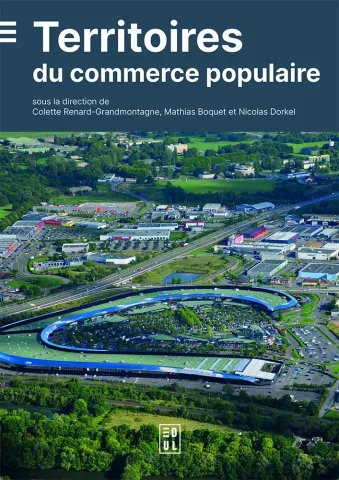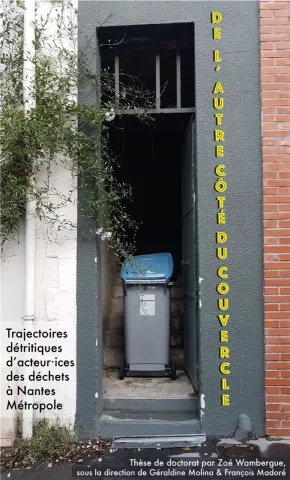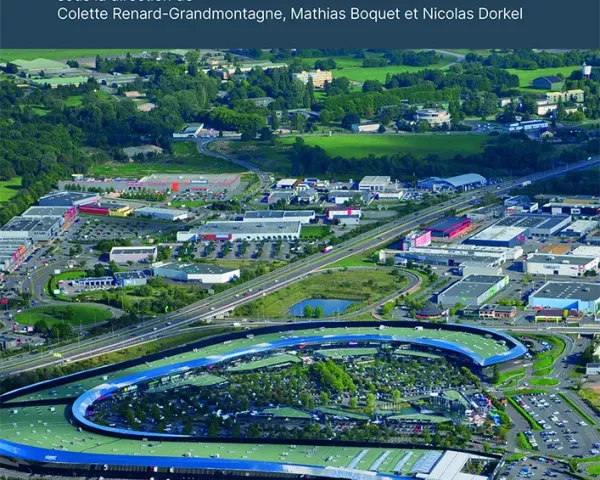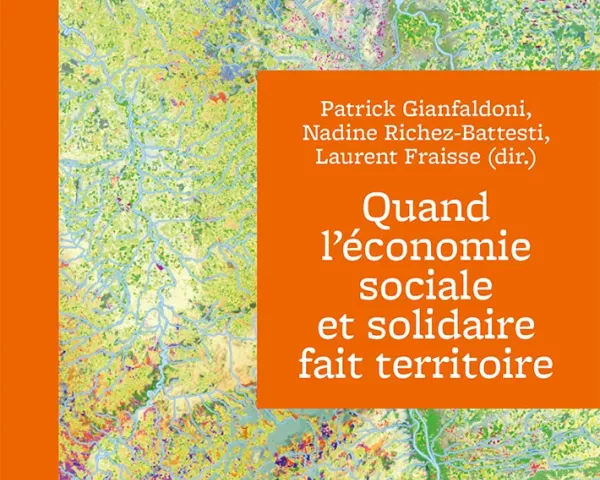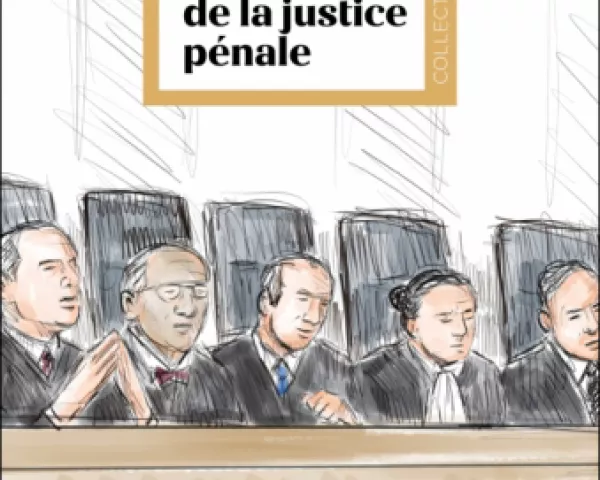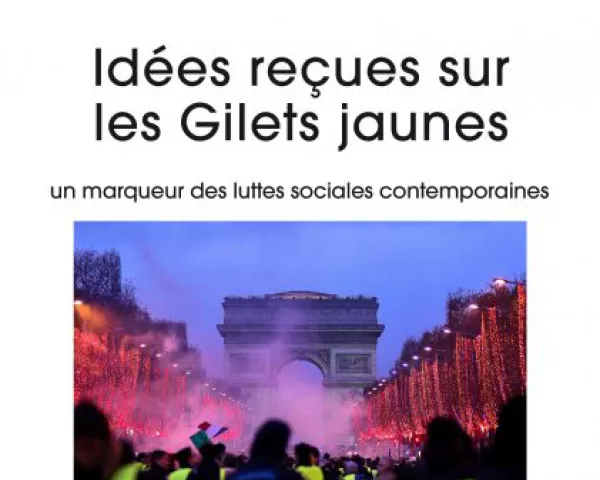Impacts of extreme events and climate change on city dwellers’ health
Géraldine Molina, Léo Hureau. Impacts of extreme events and climate change on city dwellers’ health: towards a health integrated approach and evolution scenarios. ICUC11, International Conference on Urban Climate, Aug 2023, Sydney (AUSTRALIA), Australia. ⟨hal-04384358⟩
This proposal aims to question the impacts of extreme events on the physical and mental health of city dwellers. To observe these phenomena, an interdisciplinary entry, predominantly human and social sciences, was favored with the mobilization of concepts and techniques of social geography, sociology, environmental psychology, medical sciences and urban climatology. The presentation will be based on the results of field surveys carried out on the populations of 2 French cities in Europe (Lyon, Nantes) from 2016 to 2022. Different techniques have made it possible to collect consistent data: 140 interviews, 1,300 questionnaires with inhabitants, observations of the populations in the public spaces of the neighborhoods they inhabit crossed with physical measurements carried out with a mobile station. The cross-referencing of the results of these various surveys with an international state of the art has made it possible to construct an analysis model to identify the impacts on the urban population’s physical and mental health. This model highlights the main manifestations and symptoms observed in city dwellers during extreme events, and their interactions. It aims to shed light on intra-individual differences (evolutions during the life of the same individual) but also inter-individual by integrating inequalities according to the profiles of individuals and social groups that make up an urban society in its diversity. The analysis of these results will lead us to propose an integrated approach to health by considering the strong interactions, even the deep interpenetration between physical and mental health, and to consider health as a multidimensional common good. Finally, the results also make it possible to question the phenomena from a dynamic point of view and to ask the question of the possible scenarios of changes in the physical and mental vulnerabilities and resilience of urban populations.
This proposal aims to question the impacts of extreme events on the physical and mental health of city dwellers. To observe these phenomena, an interdisciplinary entry, predominantly human and social sciences, was favored with the mobilization of concepts and techniques of social geography, sociology, environmental psychology, medical sciences and urban climatology. The presentation will be based on the results of field surveys carried out on the populations of 2 French cities in Europe (Lyon, Nantes) from 2016 to 2022. Different techniques have made it possible to collect consistent data: 140 interviews, 1,300 questionnaires with inhabitants, observations of the populations in the public spaces of the neighborhoods they inhabit crossed with physical measurements carried out with a mobile station. The cross-referencing of the results of these various surveys with an international state of the art has made it possible to construct an analysis model to identify the impacts on the urban population’s physical and mental health. This model highlights the main manifestations and symptoms observed in city dwellers during extreme events, and their interactions. It aims to shed light on intra-individual differences (evolutions during the life of the same individual) but also inter-individual by integrating inequalities according to the profiles of individuals and social groups that make up an urban society in its diversity. The analysis of these results will lead us to propose an integrated approach to health by considering the strong interactions, even the deep interpenetration between physical and mental health, and to consider health as a multidimensional common good. Finally, the results also make it possible to question the phenomena from a dynamic point of view and to ask the question of the possible scenarios of changes in the physical and mental vulnerabilities and resilience of urban populations.
